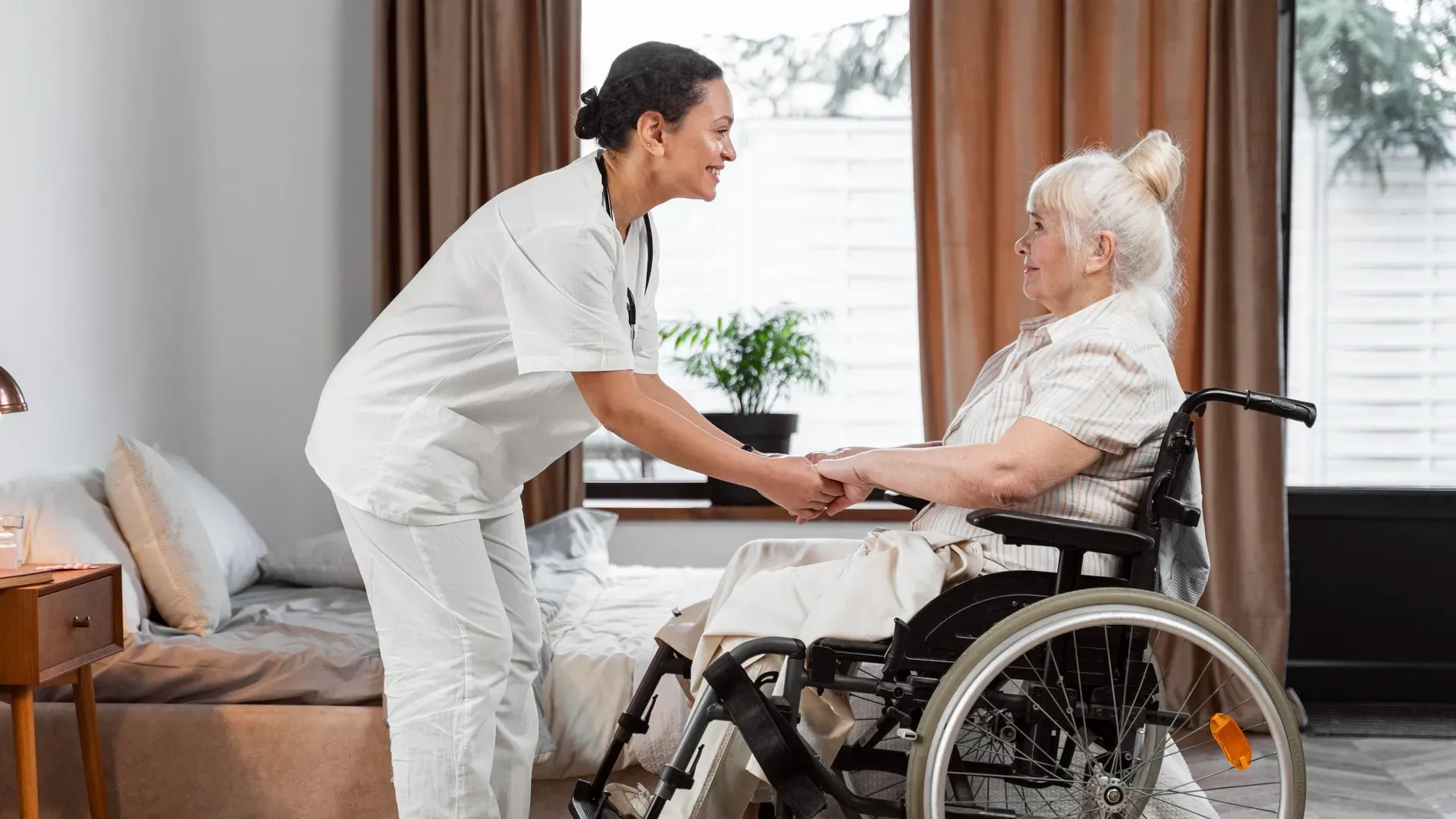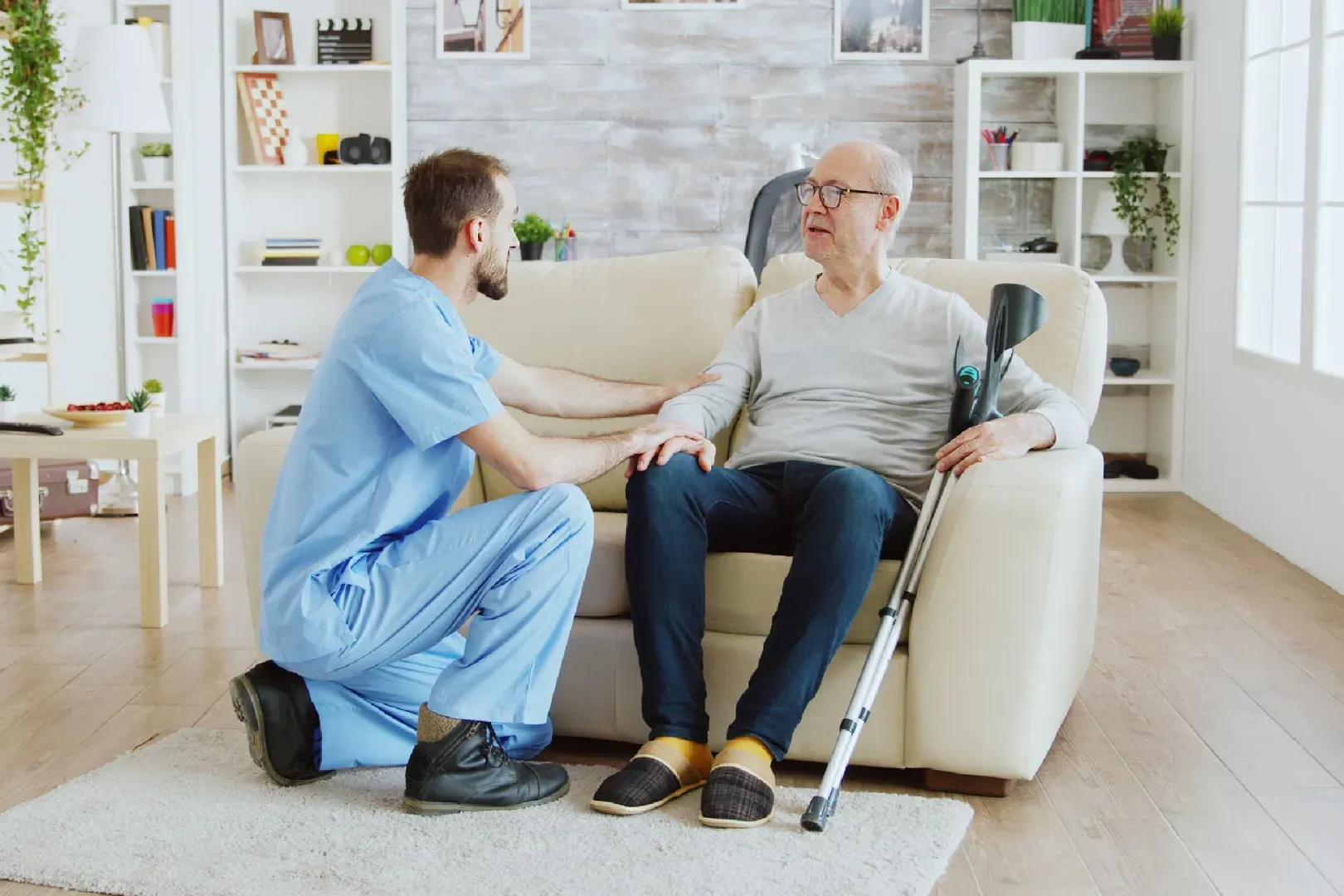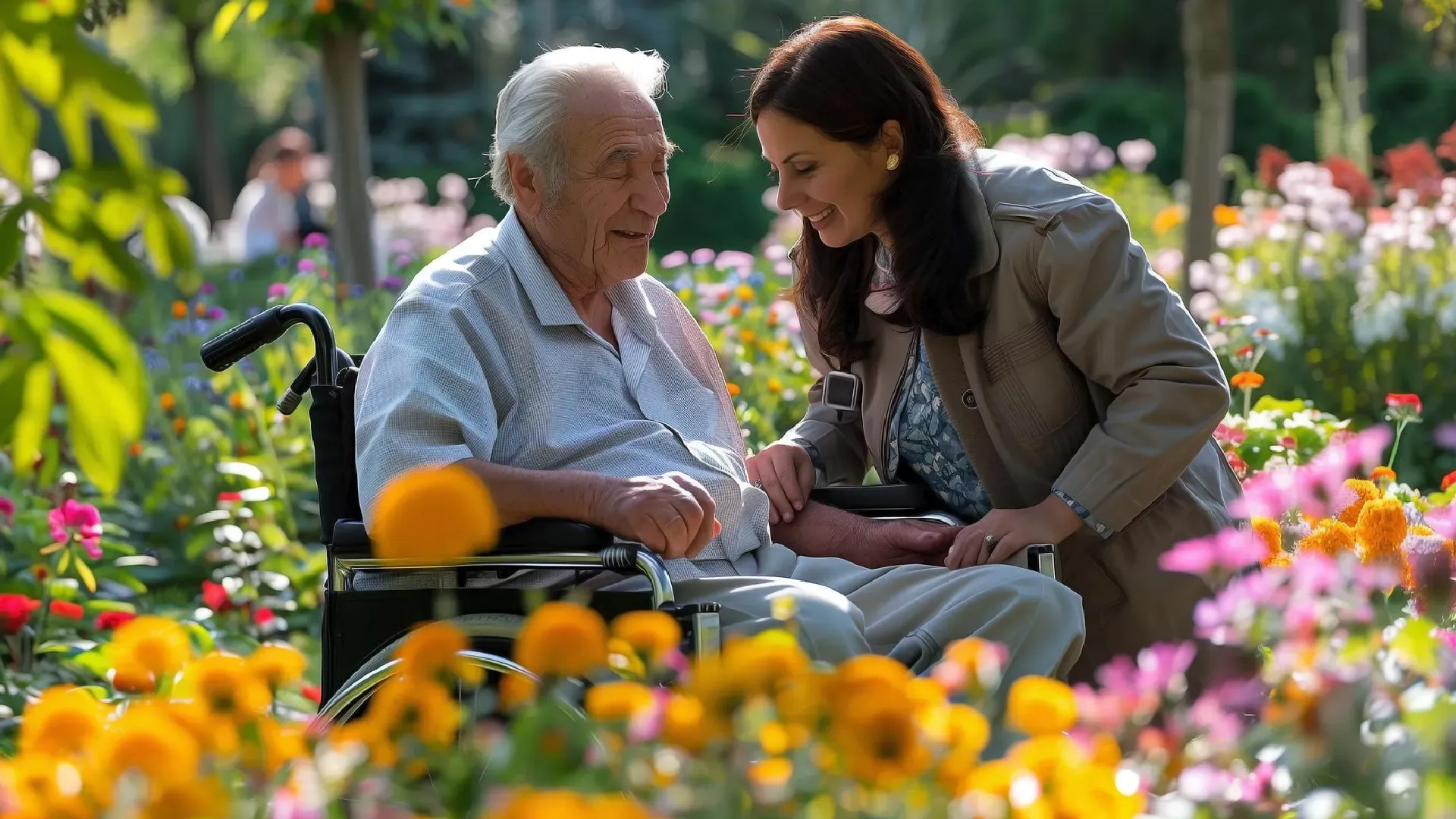Mastering Continence Care
Effective Strategies for Seniors and Caregivers
Maintaining continence is essential for the comfort, dignity, and overall well-being of seniors. However, managing continence care effectively can present challenges for both seniors and caregivers. In this article, we'll explore practical strategies and tips for managing continence care with ease and dignity.
Understanding the Importance of Continence Care:
Continence refers to the ability to control bladder and bowel functions. For seniors, issues such as incontinence or difficulties with bladder and bowel control can significantly impact their quality of life. Effective continence care not only prevents discomfort and embarrassment but also reduces the risk of skin infections, falls, and social isolation.
Key Strategies for Managing Continence Care:
- Establishing a Routine:
- Develop a regular toileting schedule based on the individual's needs and preferences.
- Encourage frequent bathroom breaks, especially after meals or before bedtime, to reduce the risk of accidents.
- Use visual cues or reminders to prompt toileting, such as alarms or written schedules.
- Maintaining Hydration and Nutrition:
- Ensure adequate fluid intake to prevent dehydration, which can exacerbate bladder and bowel issues.
- Incorporate fiber-rich foods and balanced meals to promote regular bowel movements and prevent constipation.
- Limit caffeine and alcohol consumption, as they can irritate the bladder and increase urinary frequency.
- Providing Assistive Devices and Aids:
- Invest in quality incontinence products such as absorbent pads, briefs, or underwear to manage accidents discreetly.
- Install grab bars, raised toilet seats, and bedside commodes to enhance accessibility and safety in the bathroom.
- Consider using waterproof mattress protectors and disposable bed pads to protect bedding from leaks.
- Promoting Pelvic Floor Exercises:
- Encourage seniors to perform pelvic floor exercises, also known as Kegels, to strengthen the muscles that control bladder and bowel function.
- Provide guidance on proper technique and frequency of pelvic floor exercises to maximize effectiveness.
- Incorporate pelvic floor exercises into daily routines, such as during TV commercials or while waiting for meals.
- Seeking Professional Support:
- Consult with healthcare professionals, such as urologists, geriatricians, or continence nurses, for personalized assessment and management of continence issues.
- Explore treatment options such as medication, behavioral therapy, or pelvic floor rehabilitation for underlying conditions contributing to incontinence.
- Attend continence clinics or support groups to access additional resources, education, and emotional support for seniors and caregivers alike.
Effectively managing continence care is essential for seniors to maintain independence, dignity, and overall quality of life. Continence care not only alleviates discomfort and embarrassment but also promotes physical and emotional well-being for older adults in their golden years











